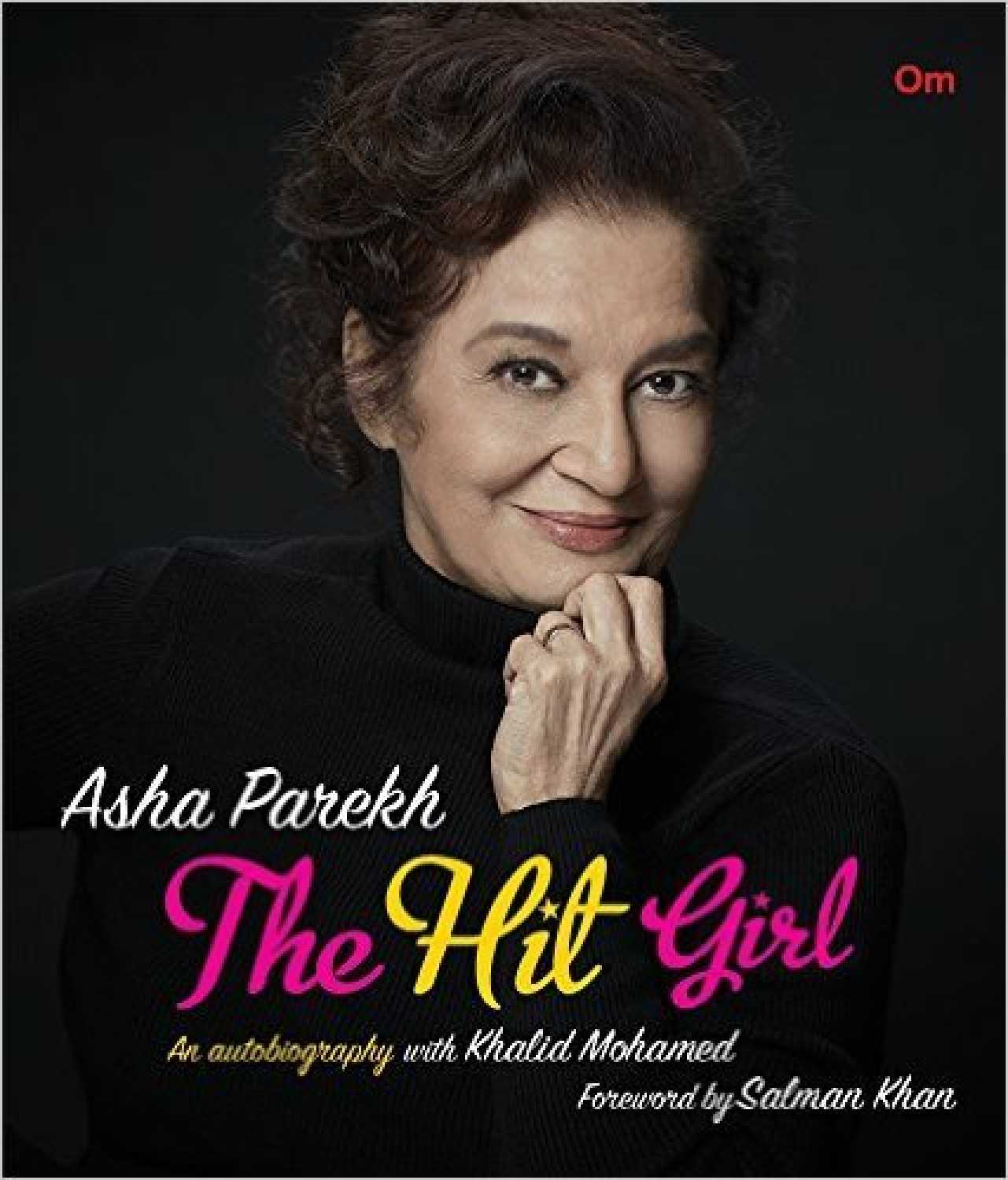For actress’s 74th birthday today (2 October), an excerpt from Asha Parekh’s autobiography, The Hit Girl, examines along with Khalid Mohamed, a key moment of her career is revealed when she was cast in Raj Khosla’s Do Badan (1966).


Our Correspondent
Asha Parekh, who turns 75 today on 2 October, came forth with her life story earlier this year with The Hit Girl, published by Om Books, along with writer-director Khalid Mohamed. In the autobiography, she narrates her close relationship with her parents, her rise to the top in the 1960s and 1970s and her lifelong love for dance.
In this excerpt, Parekh discuss a turning point of her life when filmmaker Raj Khosla offered her the lead in Do Badan (1966) opposite Manoj Kumar and Pran. The actress was asked to dig deep to deliver the emotions asked by her director onscreen.
Excerpt follows:
As an artiste I did not pause or wonder why I was not ever thought of, for want of a better word, for ‘serious’ roles. Or roles with an element of gravitas. Through the 1960s, Meena Kumari, Nutan, Vyjayanthimala, Waheeda Rehman and Mala Sinha were associated with roles of fortitude. Nanda too had her distinct identity as a young woman buffeted by circumstances. Expressing emotional turbulence was their forte.
I had already missed out on working with Satyajit Ray. I was not likely to be the prime candidate for parts requiring implosive, soul-searching performances.
The trade, filmmakers and the audience were accustomed to seeing me dance in escapist entertainers. And I went with the flow. Once in a bluish moon there would be offers to act in offbeat films — as in The Householder (1963) opposite Shashi Kapoor, which was being planned by producer Ismail Merchant and director James Ivory. I was flattered but conditioned as I was by this point, I was not confident of finding a home in art-house cinema.
The audience would have expected me to break into song-and-dance. I would have been a misfit. Leela Naidu who was eventually cast was an inspired choice. When I saw The Householder, I said to myself, “Wow! I could not have bettered that.” No regrets, then, about missing out on The Householder, except for the residual feeling that I may have evolved as an artiste under the direction of James Ivory.
The turning point in my career I truly believe came with Do Badan (1966) directed with a depth of feeling I had never known by Raj Khosla. The story revolved around Asha, a wealthy college girl in love with a poor student, Vikas (Manoj Kumar). But she is forced into marriage with the villain played by Pran.

There was a touch of Dilip Kumar’s Deedar (1951) too as the hero loses his eyesight in an accident. The girl’s love for the hero is so deep that life has no meaning for her any more. Khosla saab would explain the meaning of love and loss in detail to me. He made me a confidante to his own personal experiences. He was the first and only director to tell me, “Asha, forget the script when the camera is on. Take your role to another level.”
I would be lying if I said, I was not fazed. I had fallen in love — who does not? — but I could not possibly transpose my feelings to my character, also named Asha for the screen. I was still discovering the meaning of love. I had my doubts, my anxieties on where love could lead me to. Let’s say, there was a mental barrier. My love was not as unconditional as the Do Badan Asha’s was.
Khosla saab heard out my doubts and responded, “Look, you’re tying yourself into knots. Your private life is yours. Still I would suggest, just attempt to go within yourself, ask yourself questions and you’ll find the answers.” In effect he was telling me to psychoanalyse myself. I tried but frankly did not come up with quick answers. I could not.

Rather I had what is called an eureka moment nowadays. I drew upon the love story of my parents, hypothesising what if something drastic had prevented Mum from marrying Dad. Would she have been able to combat the ordeal? In a way I stole shades of my parents’ love story for Do Badan.
Whenever Khosla saab would be pleased with a shot he would quietly ask me, “So you have been madly in love, haven’t you?” I would just nod non-committally. If I had told Khosla saab about the source of my emotional memory, it would not have been the same. I would have become self-conscious.
Asha Parekh The Hit Girl
An Autobiography by Khalid Mohamed
Published By Om Books International



